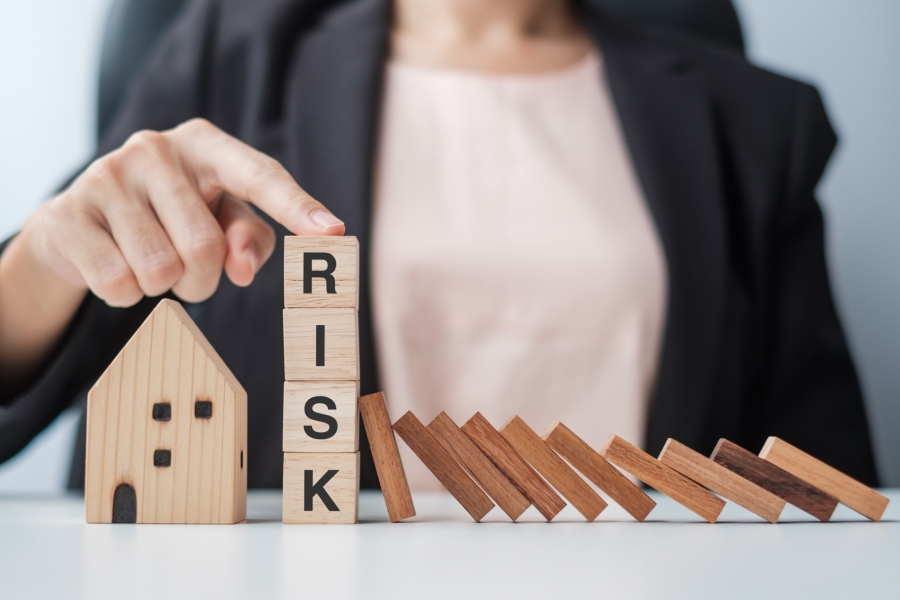Real estate will come up among the top options if you search for the best places to invest in this year. However, while it presents huge opportunities, it also comes with investment risks.
Therefore, as you research how to invest in real estate, find out the associated risks and how to mitigate them.
Below is a look at the top 5 real estate investment risks and how to mitigate them.
Market Unpredictability
Despite the best efforts by real estate experts to provide insight into possible market trends, the 2008 Great Recession and the Covid-19 pandemic have shown us all that the market can be unpredictable.
When building or buying a house or property, most investors expect that they will sell it later at a profit. However, factors such as demographics, economy, interest rates, and other foreseen factors can cause a downward spiral in the market.
Once you have bought your property, you need to keep a close eye on these factors to establish a favorable enter and exit strategy.
Liquidity Risks
Generally, real estate investments are not liquid. Your money gets tied up for a long time, and it can take a while to sell the property. Therefore, when investing in real estate, you need to be comfortable with having your money locked up. It is also advisable to set up an emergency fund for easy cash access when you need it.
Structural Risk
Issues with the overall structure and design of a property can cause it to lose its value. When buying an existing property, hire a reliable professional to do a thorough inspection. Similarly, when working with a home builder, ensure they have a track record of excellence.
As part of your due diligence to hire a prospective builder or inspection company, check their online reviews across different review websites and forums to establish their credibility. Customer reviews on websites like PissedConsumer.com will indicate the common issues customers have had when dealing with a specific company to enable you to point out any red flags.
Credit Risk
Most investors take out loans to build their real estate portfolio. Although this investment model works for most people, it is only viable if the investor has a consistent income or the property offers a reliable income stream throughout the loan period. If there is a disruption in the source of income, you may lose the property to foreclosure or bankruptcy.
To minimize this risk, make a high down payment on the property so that you take up less debt, resulting in lower repayments. You could also work out a financing strategy that reduces the interest rate, e.g., an adjustable-rate mortgage.
For commercial properties, you want to increase income and minimize outflow in property management costs. For instance, some commercial property investors employ a triple-net leasing strategy. Whereby the tenancy fee is inclusive of taxes, insurance, and property improvements. The strategy is believed to be as safe as U.S Treasury bonds, but it only works if you have good, long-term tenants.
Asset-Level Risk
The risk in real estate varies from one property to another. For instance, the demand for apartments is typically high regardless of the state of the economy. Similarly, office blocks are less likely to be affected by consumer demands in comparison to shopping malls. On the other hand, hotels have a higher risk as they are capital and operational cost-intensive. They also how well the tourism industry is doing.
When choosing from the myriad of real estate options, consider the level of risk on a given type of property and if you can mitigate it for the highest return on investment.
Any investment comes with risks and rewards. Usually, the higher the risk, the greater the opportunity for gains. Conversely, a high-risk investment increases your risk of losing your hard-earned money or getting into unmanageable debt.
Therefore, before you jump into a real estate investment project with seemingly high gains, consider the risks discussed above and evaluate if the investment will be worthwhile. Check out real estate reviews to understand the various issues investors encounter. Keep in mind that despite your best efforts to anticipate and mitigate real estate investment risks, some unforeseen factors can cause a dip in the market.






